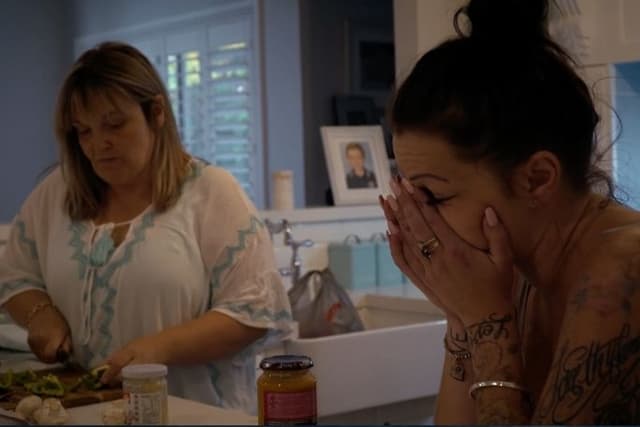
Dying To Live - Personal Qualities for Difficult Conversations
Lesson3 of 3 in this unit
SecondaryYear 7 - 8Health and Physical EducationHealthPhysical EducationSocialDisabilityEqualityMental HealthPhysical Health
Summary
Lesson Guides and Printables
Lesson Plan

Student Worksheet

Teacher Content Info
